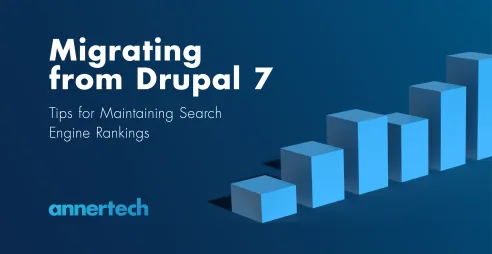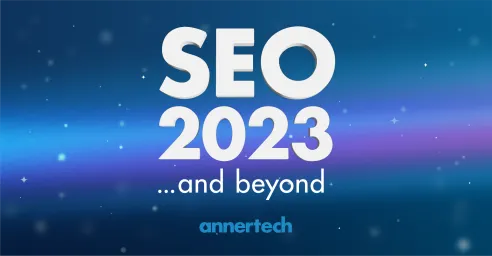SEO Series 1: What is SEO?

SEO is often misunderstood, sometimes exaggerated, and frequently forgotten. However, one truth remains constant: it is important, and today's leading brands know it.
What is SEO?
SEO stands for ‘Search Engine Optimisation’. In simple words, it means telling search engines like Google, Bing, Yahoo:
- What is on your website
- What the content is about
- Why it is relevant to a given search
For bonus points, an advanced SEO project can describe, in terms machines can understand, not only what your content is about, but it can also give detail and metadata (data about data) about the kind of content on the page, and what type of page it is.
What does SEO mean in Digital Marketing?
Search engines are how the world finds your content. If you’re not on the major search engines’ indexes, your site may as well not exist. That alone is worth attention for the topic.
However, there’s more to it, and here’s where it gets interesting. Technical SEO is the part often done by web development agencies, which typically have access to enterprise-level SEO tools and are able to connect comprehensive solutions with your website.
What can be automated should be automated. Machines, after all, are good at speaking to other machines.
Once the technical SEO is done, and the basics covered, then the work of Content SEO begins. This is where the content team, or marketing team, decide on search phrases to target, and then subtly tailor the content for each of those phrases.
There may be a strategy involving a long-tail of keyword search phrases, incorporating a cloud of phrases around your chosen targets. The real trick is in choosing phrases people use, which are not so hotly contested by a brand’s competitors.
When done well, SEO can reap substantial rewards.
What does success look like?
When a person searches for a phrase, they are presented with results. Typically these results include the title of the page, and a snippet of text.
Plainly, it is important that the title make sense, and stand up on its own, but real power lies with the snippet of text. This often comes from a piece of metadata called ‘description’, and it serves as your elevator pitch. It’s the call to action to encourage the searcher to click through to where all their needs will be met.
Success looks like your content appearing for relevant searches, and the text displayed enticing users to click through and ultimately, convert from a prospect to a sale.
How do you get rich results?
Over the years, much has been made of the battle for prime position. First, it was the fight for ‘the first page of results’, then ‘the top 5 results’, then ‘the first result’.
These days, there’s even more important real-estate up for grabs. Enter the world of ‘rich results’.
Rich results are often displayed as part of the first result, but can be above it, or even to the side. They often include extra information, extra links, a site-specific mini-search, prices, calls to action, buttons and images. Clearly, rich results offer savvy brands much more than the basic options.
Events, products, locations or recipes are all fine examples of items well suited to rich results. They are all defined ‘things’, with attributes a machine can understand, like a price, an ingredient, or a time.
The route to rich results lies in the magic of ‘schema.org metadata modelling’. schema.org provides a publicly accessible library of definitions of people, places, and things.
These definitions can reference each other, providing a rich description of a page’s full meaning. For example, an event might have attributes around when and where it will occur, and how to buy a ticket.
It might also refer to the organisation running the event, and that organisation can have its own attributes. Similarly, the location hosting the event can be described with its own attributes, leading to a deep resource of machine readable linked data, all of which fuels rich results for brands, but also a very useful resource for their customers.
Conclusion
The most important thing to remember is that search engines keep evolving and continuously update their search algorithms - there are no legitimate and lasting shortcuts to rank number 1.
While the benefits of SEO far outweigh the budget and time investment, building and tailoring and effective SEO strategy often requires trial and error, technical expertise and adaptability. That is why we recommend you get help to maximise your return on investment.

Do you need help improving your SEO experience?
Why not to talk to our SEO specialists about how we can help improve the user experience and increase quality leads for your business.
Contact us today!


